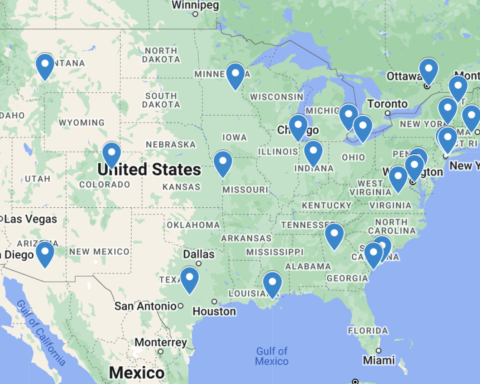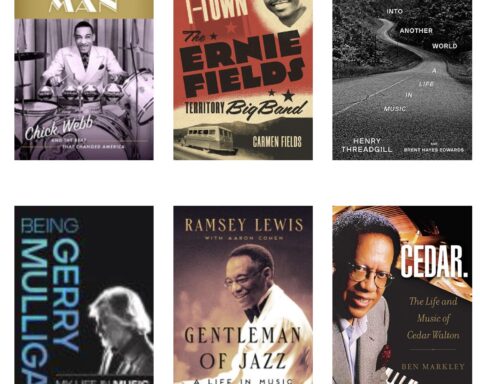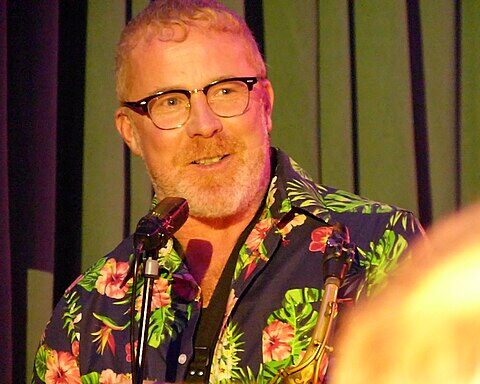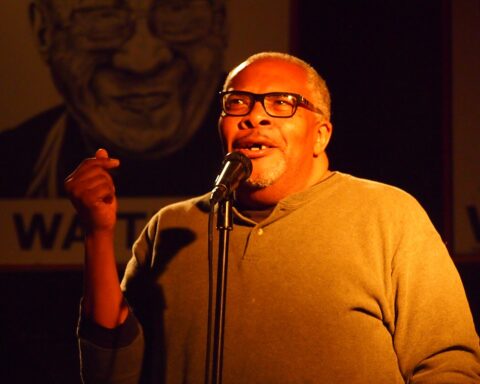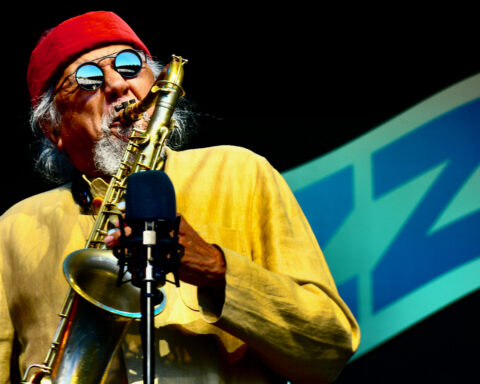The JJA’s eyeJAZZ initiative, funded in 2010 by the Mid-Atlantic Arts Association’s Jazz.NEXT project to train videographers in short-form news production c0ncerning local activities for posting on the web, has been denied permission by the Doris Duke Charitable Foundation to apply for a grant supporting its continuation and expansion. 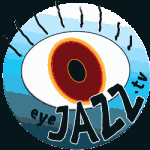 DDCF was the financial source for Jazz.NEXT, which has no other plans to sustain the projects it launched.
DDCF was the financial source for Jazz.NEXT, which has no other plans to sustain the projects it launched.
In a letter from DDCF’s Program Director of the Arts Ben Cameron, a “highly competitive applicant pool” and a “limited in the number of full applications [the panel] could invite” were cited as reasons the JJA was not permitted to apply for further funds. “This was truly a case of an embarrassment of riches,” Cameron wrote, “and like a casting exercise, it was more a ‘best fit’ than it was a sense of ‘right/wrong’ in selection.” The tipping issue, Cameron acknowledged in a subsequent communication, was “capacity” — concerns that the small JJA would not be able to meet matching funds requirements and properly administrate requested monies greater than its annual budget. Other Jazz.NEXT grant recipients probably requesting permission to apply for continuation and expansion funds include National Public Radio, the National Federation of Community Broadcasters, the Walker Art Center (Minneapolis), the Monterey Jazz Festival, Manchester Craftsmen’s Guild and the Savannah Jazz Festival.
In the eyeJAZZ project, 35 applicants (of 180 worldwide) were provided with Kodak zi8 HD pocket video cameras and four JJA instructors led 15 webinars available live to every initial applicant and all JJA members; the webinars are archived and can be viewed by anyone. Approximately 6o of the original 180 enrolled and participated in some of the webinars. More than 215 videos in various states of completition were submitted for instructors’ evaluations, and discussion amongst all participants flourished on an eyeJAZZ trainee group Facebook page.
Plans remain to post the best of completed eyeJAZZ videos more prominently on the web, and eyeJAZZ instructors continue to correspond with active trainees. The JJA’s continuation/expansion program included production of “master class” webinars and creation of a network of institutions/publications/platforms agreeing to encourage and promote (maybe even commission) eyeJAZZ videos, as well as confer on legal and practical issues regarding this form of online journalism. But the instructors have limits on time they can volunteer to the project, especially as the eyeJAZZ project is not the only JJA effort to which they contribute unpaid time and energy.
The JJA continues to seek potential revenue streams to advance eyeJAZZ and its other projects. Towards that goal, as president of the JJA I will attend a convening of “jazz leaders” with DDCF’s Ben Cameron in Columbus, Ohio on August 11 and 12.

